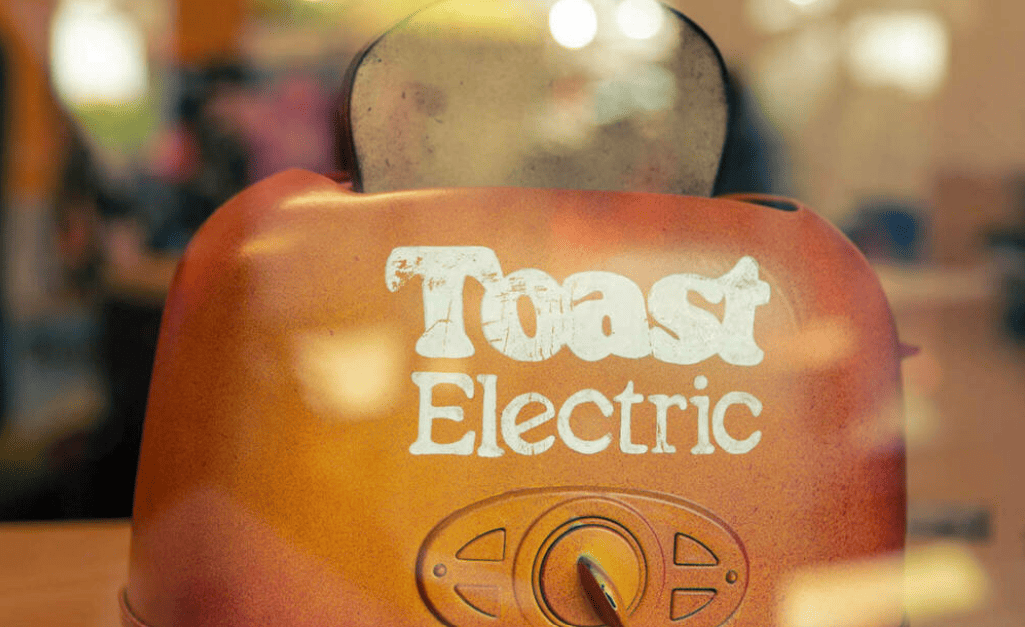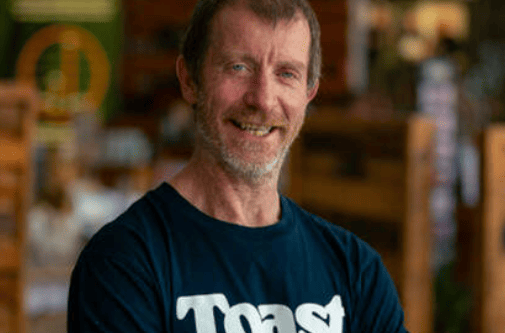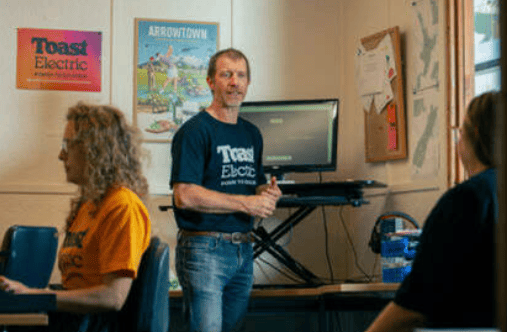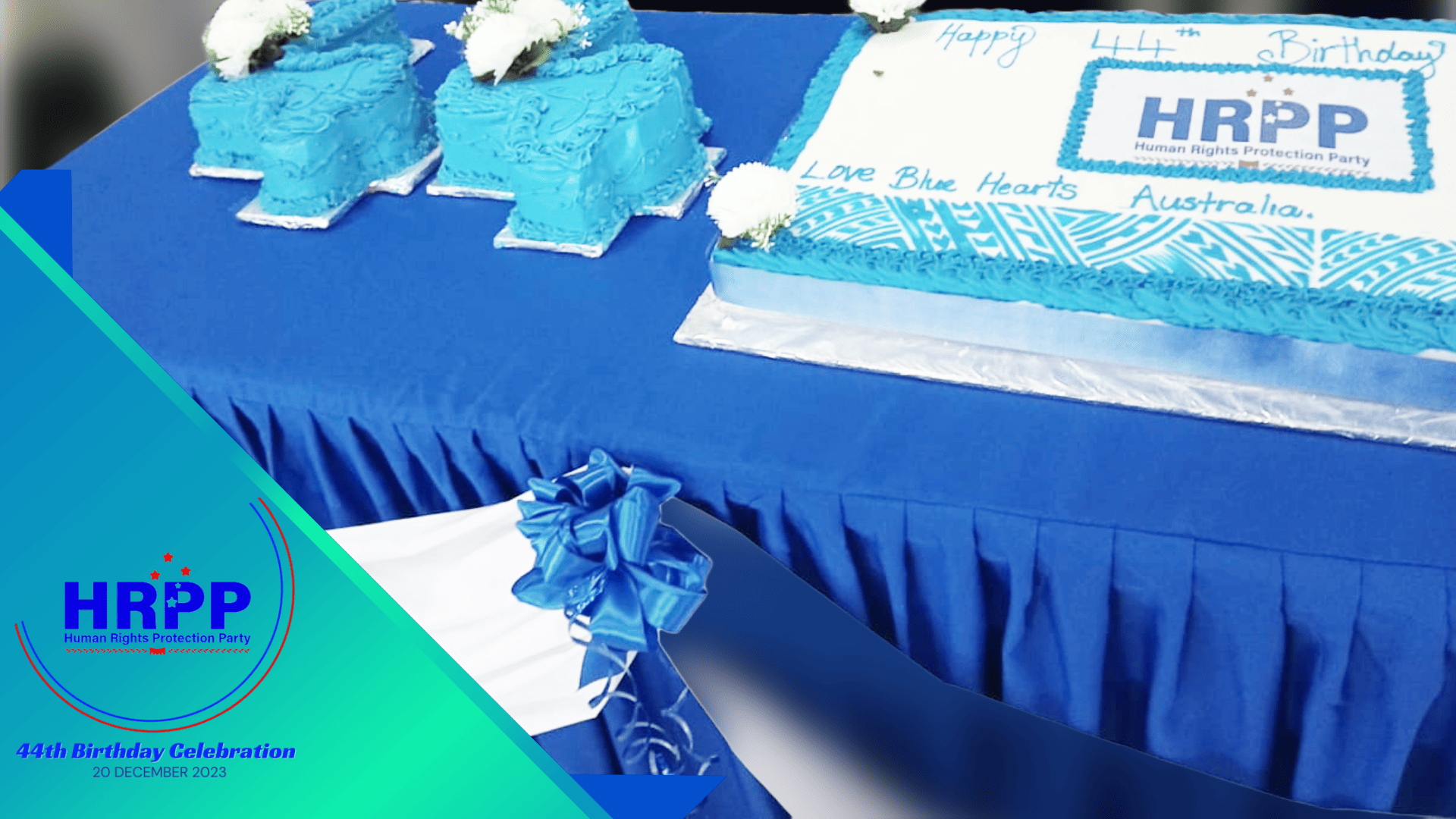
A new power company has no interest in joining the big players and raking in super-profits. For those behind Toast Electric, it’s as simple as just wanting people to not have to choose between heating and eating.
How it works
Customers who sign up with Toast Electric will subsidise power bills for people who social agencies and budgeting services have identified as struggling.
Those behind it have enrolled 50 people who would otherwise struggle to pay for power, through Toast’s Energy Wellbeing programme.
The aim is that for every three customers paying standard rates, Toast will be able to support one Energy Wellbeing customer.
Households accepted into the Energy Wellbeing programme pay for power at a lower rate and get a price cap on their winter bills. Any power used above the cap, up to $500 worth, is free.
This should make budgeting easier and ensure they don’t scrimp on keeping warm.
Toast Electric is run by the Sustainability Trust – a social enterprise with a focus on healthy homes, reducing environmental impact and giving back to the community.
Toast Electric can become your power company if you live in the Wellington region (including Porirua, Hutt Valley and Kāpiti) or Horowhenua (including Foxton and Shannon). It hopes to be operating in Wairarapa next and to go further afield over the next few years.
Starting a power company
Sustainability Trust’s fair energy manager, Phil Squire, told Consumer NZ the goal is to eliminate energy hardship in the lower North Island while also lowering household carbon emissions.

Getting to this point has been a serious undertaking for those at the Sustainability Trust, though.
“Buying power on the spot market is a steep learning curve,” Squire said. “All the infrastructure is already in place in terms of lines and dams, all the electrons are flowing. But the retailer’s job is to provide the IT and the financial security and marketing to clients.
“It’s a very highly regulated industry. There’s a lot of software development needed to support it and financials are complex.”
The organisation realised over the past few years that it had the potential to help.
“We’re in thousands of homes a year through our Healthy Homes and Curtain Bank services, and some are in dire poverty. Households are struggling financially so there’s no way they can afford the energy required to maintain their house to anywhere near the World Health Organization standards.
“One of my lessons along the way has been electricity prices are not high in New Zealand by international standards, but our food prices are astronomical.
“Electricity is one place where cost is something you can control. By not heating, you can control the expense and we see some houses that don’t heat at all. They’re crowding together in the living room to keep warm.”
Squire said customers who were referred by an agency were given a rate about 5-10% below what they had been paying at their previous power company as well as the winter price cap.
Free assessments
Squire said the main benefit of being with Toast was an indepth assessment of customers’ home to find changes that would make it warmer and save them money.
As part of the check, assessors examine physical elements such as insulation, heating and ventilation, and help prepare quotes or requests to landlords.
They also provide free equipment such as draught snakes, LED bulbs and mould cleaning kits, and they teach occupants habits that will help them reduce costs.
Squire said the regular rate that non-subsidised customers pay is also often lower than what other power companies charge and everyone who signs up is offered a free home assessment.
Diverting the super-profits
“It’s not all about the money for us, but at the same time it is all about the money – because if we can create a retailer that’s of large enough scale, then we can divert some of those super-profits made by the commercial retailers to support lower income households.”

The annual combined profits of Genesis, Meridian and Mercury to the end of June 2022 totalled $1.35 billion, which was more than double their combined profits from the previous year.
“As a small start-up in the shark tank of electricity retailing, we are very keen to engage with like-minded individuals, organisations, funders, other power companies and Government to support our growth and end the misery of energy hardship. We reckon we can do it with their support,” Squire said.
If you’re interested in being one of Toast Electric’s Energy Wellbeing customers, you can contact a budget advice agency in the Wellington or Horowhenua regions to see if it is a referral partner, or you can contact Toast for a list of partners.
Customer stories
Wellington pensioner Kam spent a lot of last winter rugged up under a blanket on her La-Z-Boy chair. A heat pump had just been installed in her Kāinga Ora home but she was too scared to touch it.
“I spent so much time worrying about my power,” Kam said.
This winter is going to be different. She’s one of the first to be enrolled in Toast Electric’s Energy Wellbeing programme, thanks to a referral from Newtown Budgeting and Advocacy Service.
Her agreement with Toast Electric will see her pay $30 a week out of her pension for power now. She’s looking forward to being able to put the heat pump on in the morning without the fear of a big bill arriving in the letterbox.
“I’m so relieved that I know exactly what’s going out.”
Having been with her previous power company for more than 20 years, it was nerve-wracking for Kam to change.
“I was so scared. I thought they’d turn my power off, but it was easy and they came round and gave me a humidity monitor and a scoop to clear the condensation.
“They’re going to come back with curtains because the ones that were there didn’t close or go to the floor.”
For someone who has got used to unplugging every appliance when it’s not in use, Kam said Toast Electric has given her the gift of feeling at ease in her own home.
Consumer NZ staffer Hamish Clayton decided to give Toast Electric a go when he recently moved house.
“What appealed to me was the social good model that they’re taking,” he said.
He also liked the idea of trying out a small electricity retailer and was surprised how smooth the transition was after being with one of the biggies.
“I’d expect that some consumers would have misgivings about the level of service one might receive from smaller providers, but I think they’d be pleasantly surprised.
“Signing up was incredibly simple. I haven’t had any hassles with anything yet and, importantly, the power bill is clean and easy to understand.”
And knowing it’s run by locals and helping locals takes some of the sting out when it’s time to pay.
“You feel like you’re dealing with good people rather than cogs in another corporate machine. As a customer, you can feel good about yourself for supporting a good cause.”
3 tips for winter from Toast
- Keep cold air out
Stop draughts with a draught stopper or a door snake on the bottoms of outside doors. Install draught tape around gappy windows and doors. You can also try tightening hinges, catches and latches to stop cold air leaking in. - Ventilate every day
Prevent mould and let in fresh air by ventilating your home effectively. Open windows or doors on either side of the house to cross-ventilate for 30 minutes daily. This can be split into 2 x 15 minutes, morning and evening or even 3 x 10 minutes. - Check your rental is up to standard
If you rent, ask your landlord if your home meets the Government’s Healthy Homes Standards. A copy of the compliance report should be included with your tenancy agreement. If you think your property is not compliant, ask your landlord to get an assessment.
Source; Consumer Magazine.




